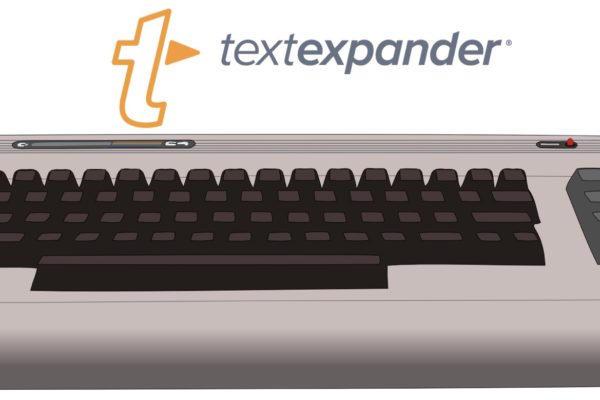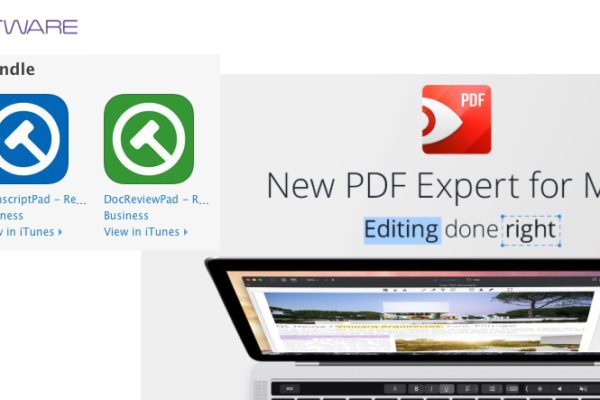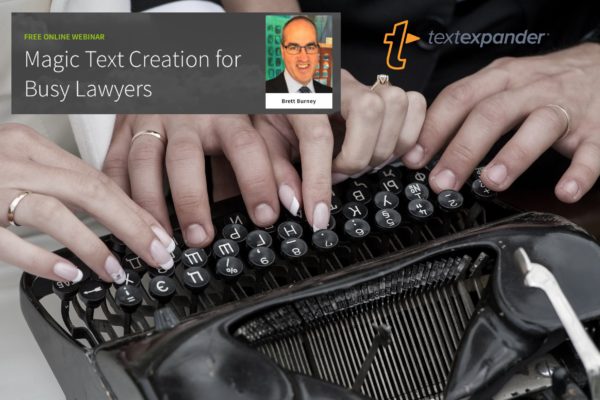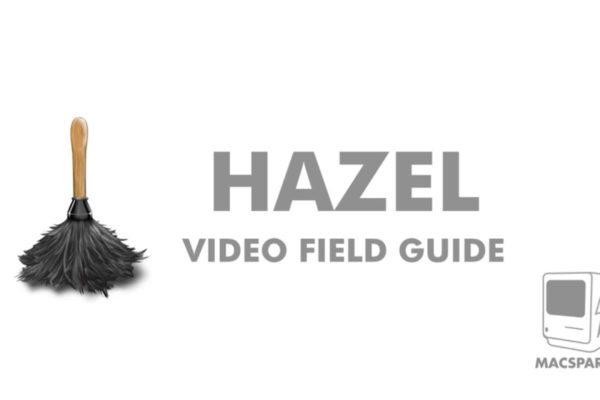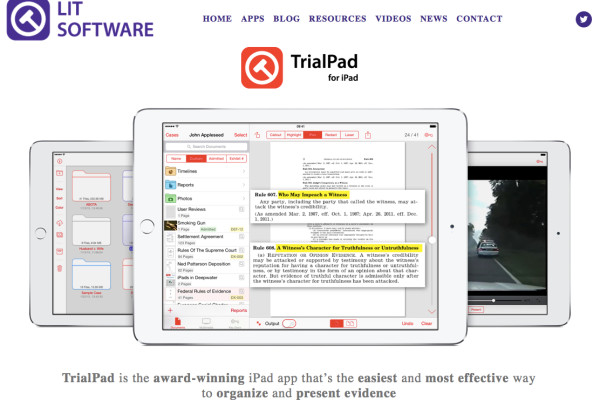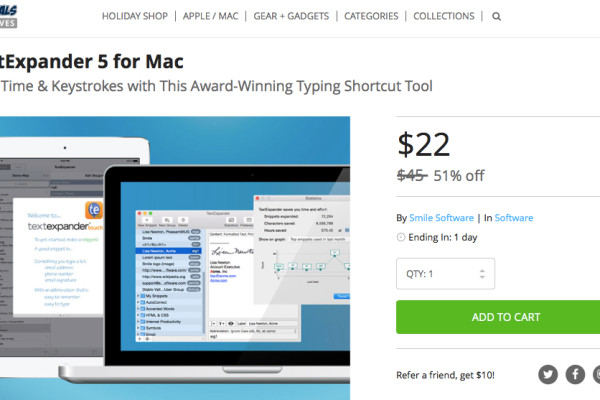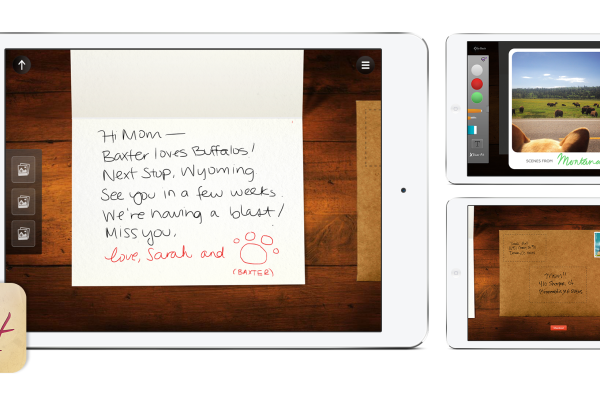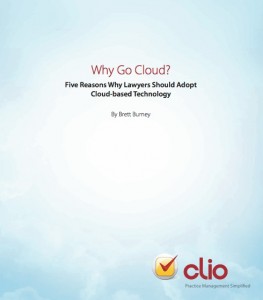I was honored to author a white paper sponsored by Clio entitled “Why Go Cloud? Five Reasons Lawyers Should Adopt Cloud-Based Technology” which is available free from Clio (you don’t even have to give your name and e-mail!).
I’ve been wanting to put these thoughts down in formal fashion for a while, and I am grateful that Clio gave me the opportunity. Clio is a cloud-based practice management service, but the paper is neutral.
In fact, I concentrate on the questions that I regularly receive from clients regarding the “cloud” such as
- Is it safe?
- Is my confidential client information secure?
- What happens if I can’t get on the Internet?
I spend a good amount of time covering the recent state ethics opinions on the topic from Arizona and North Carolina (proposed) and I dutifully support my points with research and citations.
After the paper went to press, I discovered that New York recently issued Ethics Opinion 842 that addresses the question if a lawyer is allowed to use an “online data storage system to store and back up client confidential information.” The conclusion was yes, as long as the lawyer “takes reasonable care to ensure the confidentiality will be maintained.”
Please read my white paper “Why Go Cloud? Five Reasons Lawyers Should Adopt Cloud-Based Technology” located at Clio and I welcome your comments.
UPDATE #1: Niki Black has more information on NY Ethics Opinion 842 in her post “NYSBA Ethics Committee Weighs in on the Cloud.” I especially appreciate her comment “absolute security is an absolute impossibility.”
UPDATE #2: Ernie Svenson (aka “Ernie the Attorney“) posted an excellent run-down of the NY Ethics Opinion 842 entitled “Ethical considerations of online file storage.” My favorite quotes:
… services such as SugarSync and DropBox have as much interest as anyone in keeping your data private. … [but t]hey will not accept liability for compromised security that results from you (1) having an inherently insecure password system, (2) giving your password to someone you shouldn’t, or (3) accessing your account from an insecure location such as a WiFi hotspot at a coffee shop, where there is limited security. These three issues are the most likely way that your client’s data would be compromised and all three of these scenarios are things that you should be responsible for.
The New York opinion could easily be interpreted to apply to client communications such as those that are hosted by web-based email providers such as Google. After all, web-based email is stored online.

